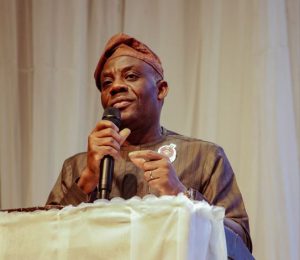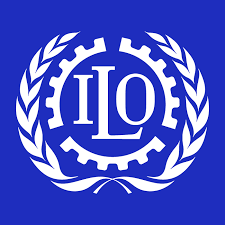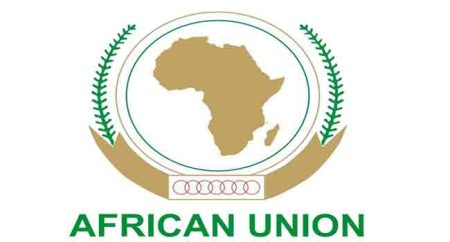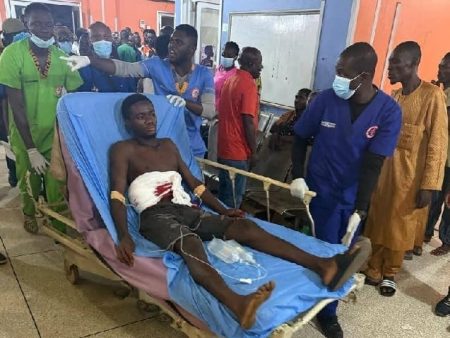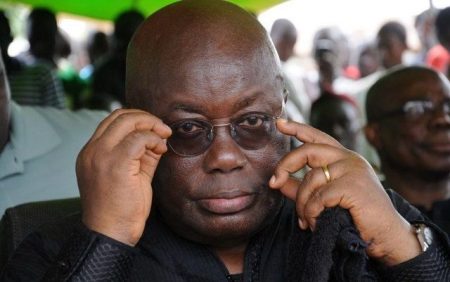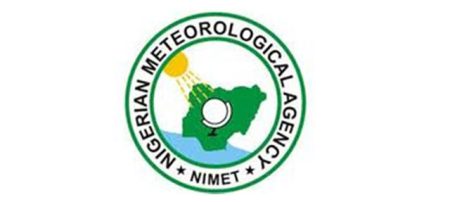The fight against illegal mining, commonly known as “galamsey” in Ghana, has reached a critical juncture, marked by both proposed legislative changes and growing public frustration with perceived government inconsistencies. Dr. Ibrahim Murtala Muhammed, Minister for Environment, Science, and Technology, announced the government’s intention to repeal the Minerals and Mining Act of 2003. This move is specifically aimed at prohibiting individual mining within forest reserves, a key battleground in the struggle against galamsey. Forest reserves, crucial for ecological balance and biodiversity, have been increasingly targeted by illegal miners, leading to widespread deforestation, water pollution, and habitat destruction. The repeal, if successful, would represent a significant shift in mining policy, effectively criminalizing a practice currently permitted under the existing legislation. This proposed change underscores the government’s recognition of the severe environmental damage caused by galamsey in protected areas.
However, the announcement has been met with skepticism and criticism, particularly from Dr. Ken Ashigbey, Convener of the Media Coalition Against Galamsey. Dr. Ashigbey points to what he perceives as conflicting messages from the government regarding its approach to tackling illegal mining. He highlights the President’s earlier commitment to revoke Legislative Instrument (L.I) pertaining to mining, contrasting it with the current proposal to amend the Minerals and Mining Act instead. This perceived inconsistency, in Dr. Ashigbey’s view, undermines the government’s credibility and raises questions about its true commitment to eradicating galamsey. The shift from revocation to amendment suggests a potential softening of stance, potentially leaving loopholes that could be exploited by illegal miners. This perceived backtracking fuels concerns that political considerations might be influencing policy decisions, hindering effective action against powerful individuals involved in galamsey.
Further intensifying the criticism is Dr. Ashigbey’s condemnation of the existing Minerals and Mining Act of 2003, which he labels as ineffective despite its initially good intentions. He argues that the law has failed to curb the galamsey menace, and instead has allowed it to flourish, becoming deeply entrenched within Ghana’s mining landscape. This failure, according to Dr. Ashigbey, is not simply a matter of legal inadequacy, but also a consequence of political complicity and corruption, where influential figures from both the ruling National Democratic Congress (NDC) and the opposition New Patriotic Party (NPP) are allegedly involved in illegal mining operations. This bipartisan involvement, he asserts, has effectively created a united front of illegal miners, transcending political divides and further complicating efforts to combat galamsey. The merging of interests between political rivals creates a powerful network that can resist enforcement efforts and protect their illegal activities.
The accusation of cross-party collaboration in galamsey paints a grim picture of the extent of the problem. Dr. Ashigbey alleges that leading members of the NDC in certain constituencies are actively engaged in illegal mining, colluding with their NPP counterparts in some districts. This alleged alliance, if true, represents a significant obstacle to effective law enforcement. It raises concerns about potential political interference and protection of those involved, hindering investigations and prosecutions. The claim of bipartisan involvement underscores the deep systemic nature of the galamsey problem, suggesting that it is not merely a criminal enterprise, but a network deeply embedded within the political fabric of the country.
The call for action is not limited to current offenses. Dr. Ashigbey urges the newly appointed Criminal Investigations Department (CID) boss to investigate past transgressions, emphasizing the importance of avoiding political pressure and pursuing all cases impartially. He specifically points to a previous statement by a former president, alleging that it was a falsehood intended to protect Akonta Mining from accusations of illegal mining. This incident, according to Dr. Ashigbey, exemplifies the kind of political interference that must be resisted if the fight against galamsey is to be successful. The new CID boss faces a significant challenge in navigating the political complexities surrounding illegal mining and demonstrating a commitment to unbiased investigations.
Finally, Dr. Ashigbey calls for concrete legal action against those accused of galamsey, regardless of their political affiliation. He specifically urges the CID and Attorney General to prosecute the cases involving the NDC MP for Aowin and the NDC secretary for Axim, both accused of involvement in illegal mining. This call for accountability extends to the highest levels, demanding presidential intervention to ensure thorough investigations into these cases. The demand for prosecution emphasizes the need for legal consequences to deter further illegal mining activities and dismantle the networks that support them. Without effective legal action, the cycle of illegal mining, environmental destruction, and political complicity will likely continue. The government’s response to these accusations and calls for action will be crucial in determining the future direction of the fight against galamsey in Ghana.


